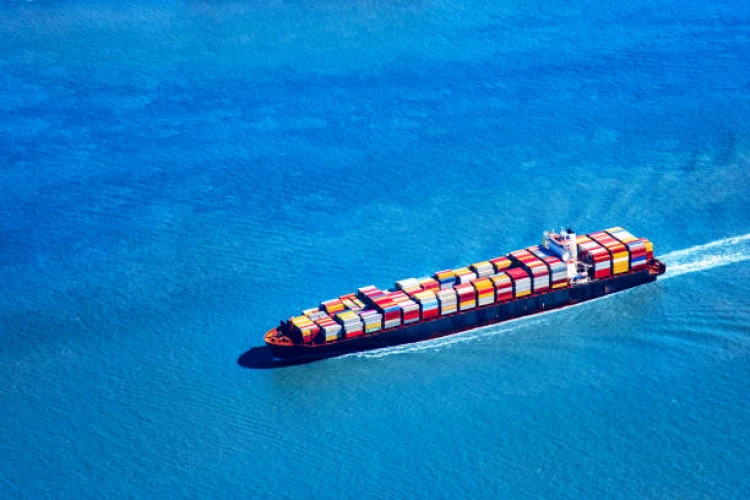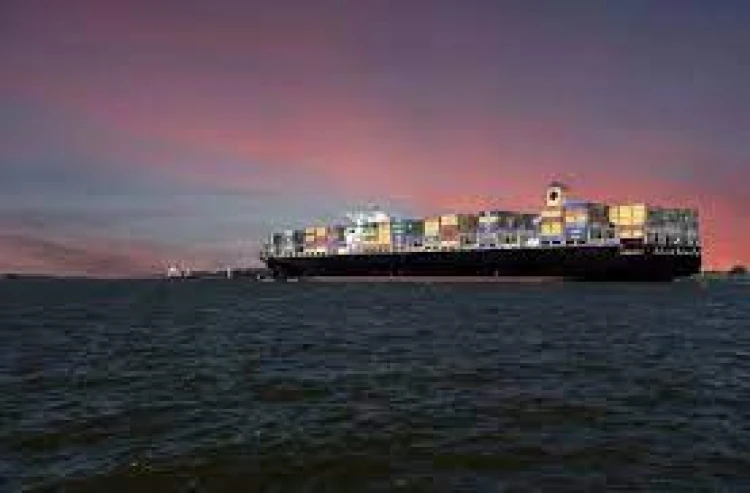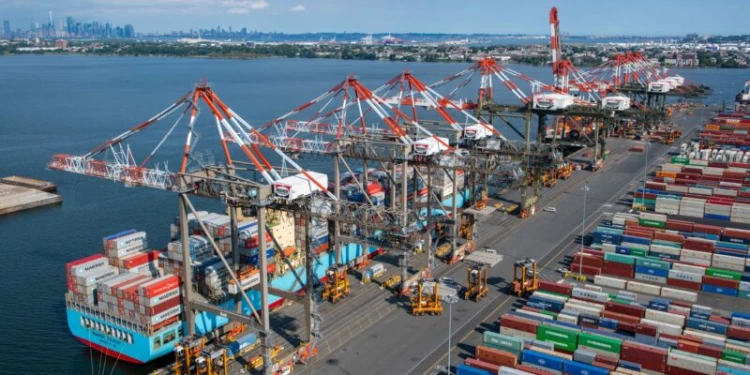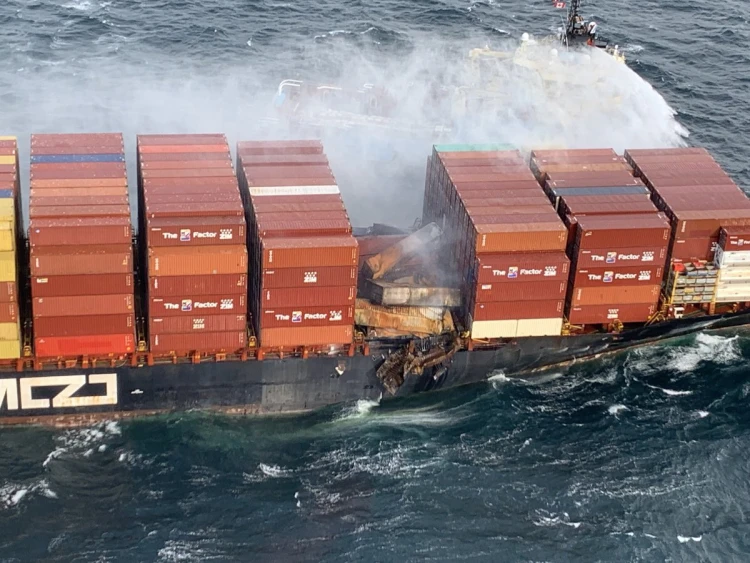Shipowners and traders clash over cost of climate regulations
Tuesday, 16 January 2024

The shipping industry is clashing with traders over who should pay the financial cost of new environmental regulations, as the highly polluting sector faces increasing pressure to clean up.
Shipping groups have been pushing the companies that lease vessels, such as oil and commodities traders, to cover losses suffered if ships are downgraded under new regulations that rate their carbon intensity.
Large commodities groups, on the other hand, have resisted such attempts to impose legal obligations on traders.
Jan Dieleman, president of ocean transportation at leading US food trader Cargill, which leases about 700 ships, said the shipping industry was seeking to apply “something that is black and white to [an issue] that is not black and white”.
An executive at another company that charters more than 300 ships also attacked attempts to “exempt [shipowners] from responsibility”, adding such proposals were “not fit for purpose”. Shipowners should also be held accountable for ensuring their vessels run efficiently, the person argued.
The dispute over who should pay for shipping emissions deepens a longstanding struggle to establish sufficient incentives to decarbonise global trade.
The shipping industry, which delivers up to 90 per cent of goods worldwide, remains almost entirely dependent on fossil fuels and accounts for about 3 per cent of global greenhouse gas emissions, according to the OECD. In July, diplomats at the UN’s International Maritime Organisation set a goal for shipping to achieve net zero greenhouse emissions “by or around” 2050.
In an effort to encourage the sector to clean up, the IMO in January introduced the Carbon Intensity Indicator, which grades individual ships based on their emissions from A to E.
Shipping groups fear there will be a market impact when the first are mandatory ratings are recorded next year, with leading customers including Amazon, Unilever and Ikea having pledged to only use zero-emission ships by 2040.
MORE NEWS : MSC Partners with Valencia to Expand Med’s Busiest Container Port
An executive at one shipowner said his company had started its calculations and was “surprised by the number of D and E rated ships”, adding that clients were already seeking to find out the ratings.
To address shipowners’ concerns, Lars Robert Pedersen, deputy secretary-general of shipping lobby group Bimco, said it had drafted a legal agreement that shipowners were looking to insert into contracts with customers. The clause states that traders leasing a vessel should not cause its carbon intensity rating to rise above an agreed level, for instance by increasing the speed of the ship, adding shipowners would be entitled to claim any losses or other costs suffered if this agreement is breached.
Although some shipowners have convinced customers to agree to the clause, Pedersen said it was “very difficult” for members to control a ship’s carbon intensity when it is operated by a trader.
Nick Austin, a shipping lawyer at law firm Reed Smith, said charterers had been seeking to water down demands to cover financial losses and “cast-iron promises” to maintain a certain rating, adding that big energy and mining groups like Glencore or Vitol had the “bargaining power” to push for more favourable terms.
He said he had seen a “marked increase in shipowners and charterers coming to me looking for advice” about the new grading system in recent months.
Shipowners and traders are still far from reaching a compromise, but there are already questions over the impact of the rating system on reducing emissions and helping the IMO to achieve its climate targets. Environmentalists have criticised the lack of strong enforcement measures against vessels that report the lowest grades against the new system, as well as potential loopholes in how its ratings are calculated.
The emissions grading is like “a regulatory shark prowling the waters of shipping without the sharp teeth of enforcement”, Austin said.
Source : www.ft.com

06 January 2025
Hurricane Beryl trims cargo volumes in Houston and New Orleans

25 January 2025
Container freight rates tumble

08 February 2025

